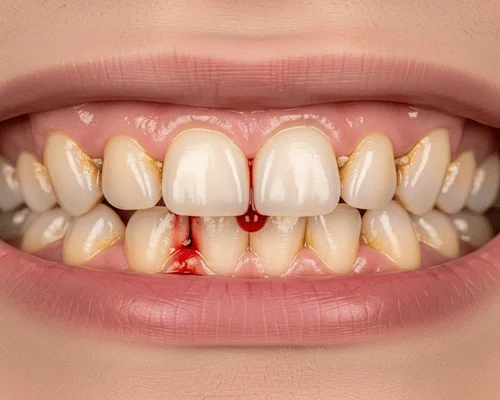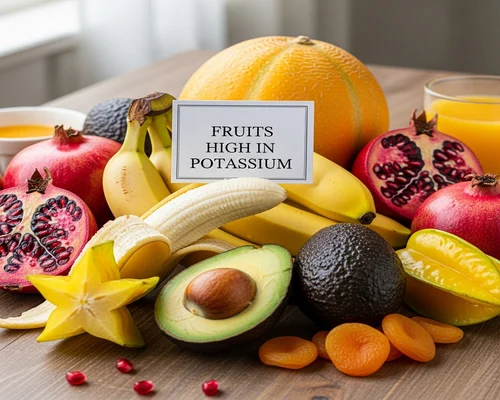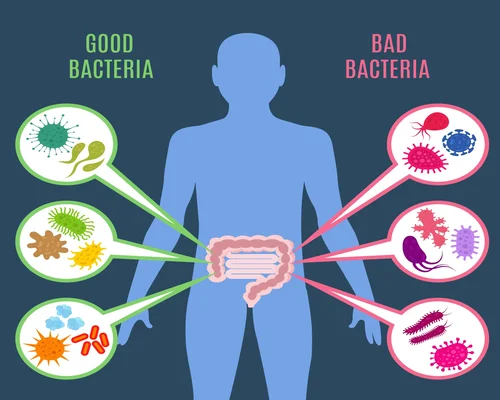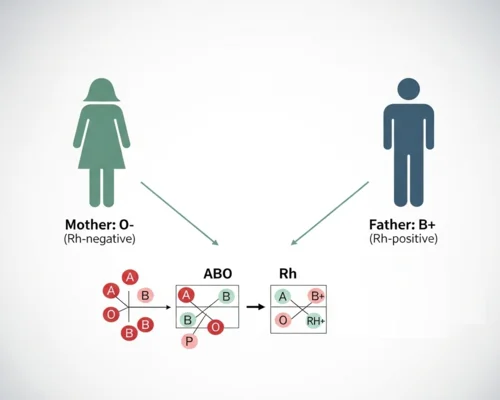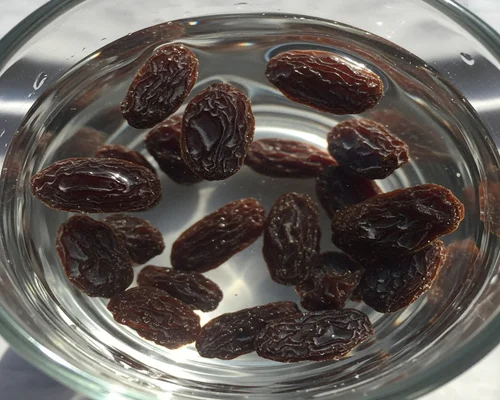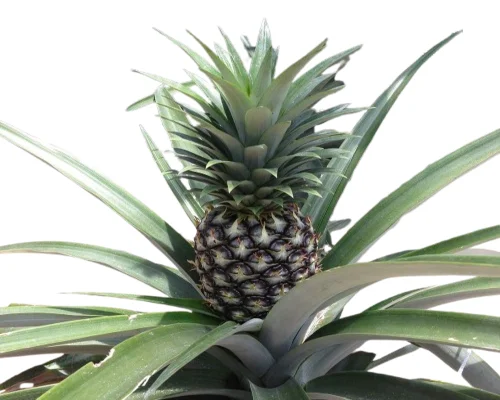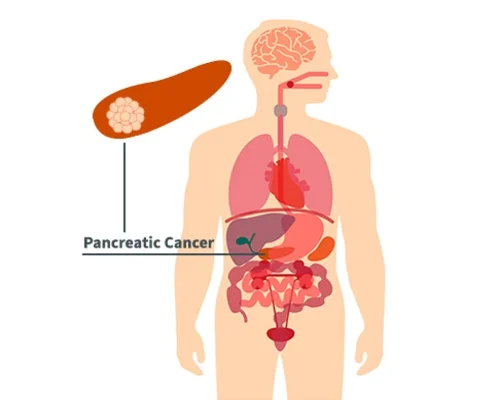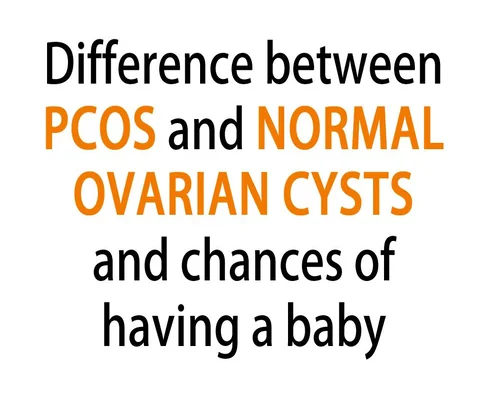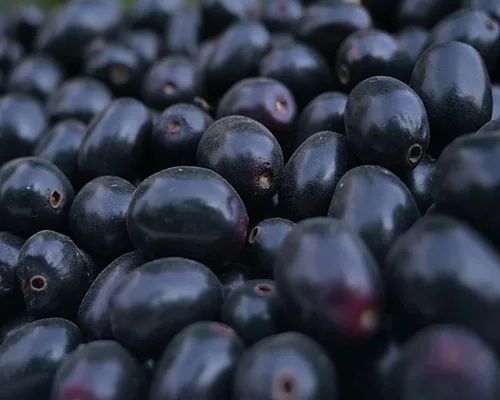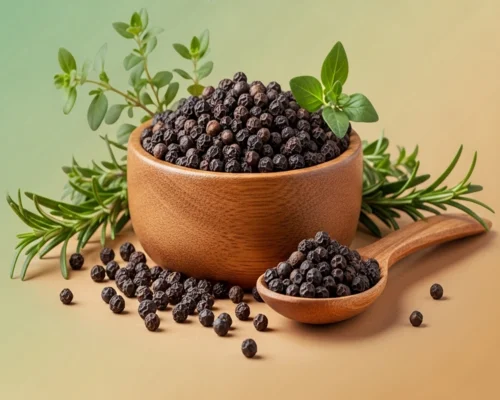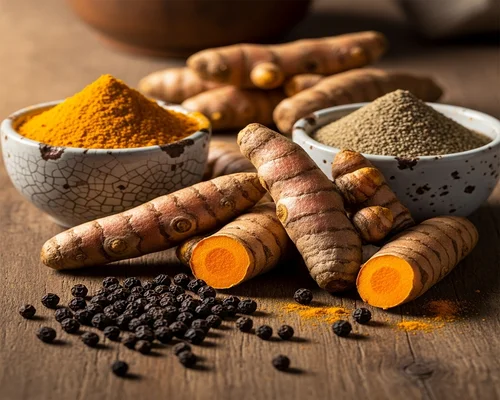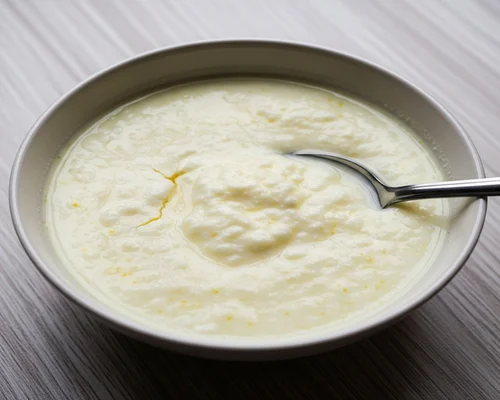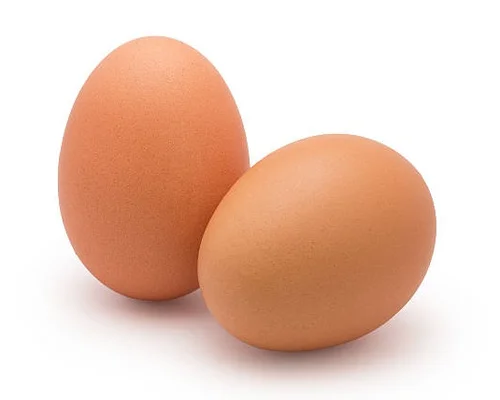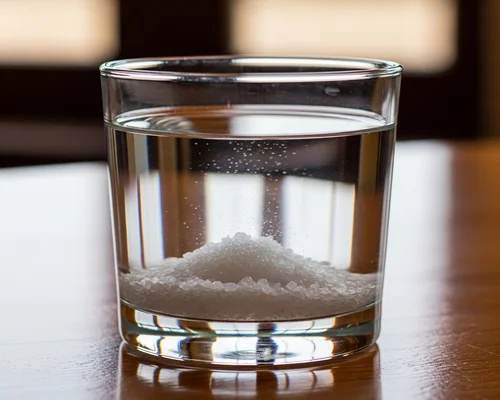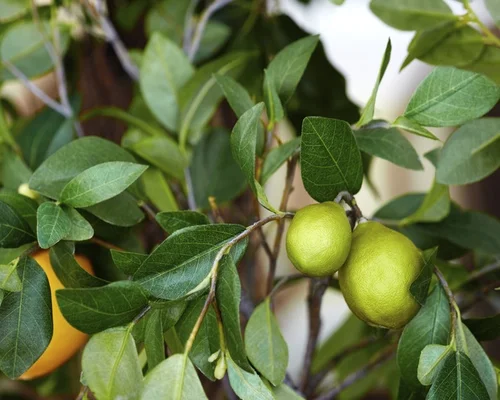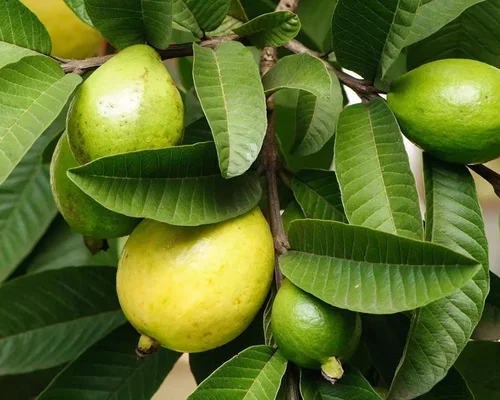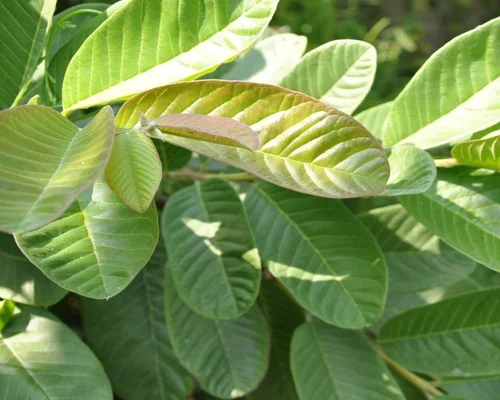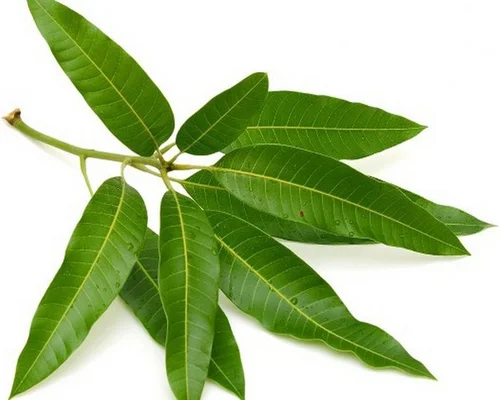
Mango leaves benefits and side effects
Benefits and harms of Mango leaves
Mango leaves are rich in various medicinal properties. They are rich in antioxidants, vitamins, and minerals, which help in controlling diabetes, high blood pressure, asthma, and digestive problems. Mango leaves are also effective in relieving asthma and cough. However, some people may be allergic or intolerant to mango leaves, so caution should be exercised before using them.
Benefits
Diabetes control: The polyphenols and other compounds present in mango leaves help in controlling blood sugar levels and reduce the risk of diabetes.
Reduces the risk of heart disease: The antioxidant content present in it helps in reducing blood pressure and controlling cholesterol, which keeps the heart healthy.
Improves digestion: Mango leaves increase digestion, helps in eliminating problems like constipation and dysentery.
Relieves respiratory problems and asthma: Boiling mango leaves and eating them mixed with honey relieves asthma and respiratory problems.
Rich in antioxidants: The polyphenols and mangiferin in mango leaves neutralize free radicals, which protect the body cells and increase the body ability to fight cancer.
Burn wound healing: Applying the ash obtained by burning mango leaves on the burn wound heals it quickly.
Teeth whitening: Chewing mango leaves can whiten teeth.
Disadvantages and precautions
Allergies and intolerances: Some people may have allergies or intolerances to mango leaves.
Cleaning: Mango leaves should be washed thoroughly before use, as they may contain dust or pesticides.
Use during pregnancy: Pregnant women should consult a doctor before using mango leaves.
How to use
Mango leaf tea: Boil a few mango leaves in hot water and soak them overnight. You can strain this water and drink it in the morning.
Mango leaf powder: Mango leaves can also be consumed as a powder.
Chewing raw leaves: Some people also chew mango leaves directly.

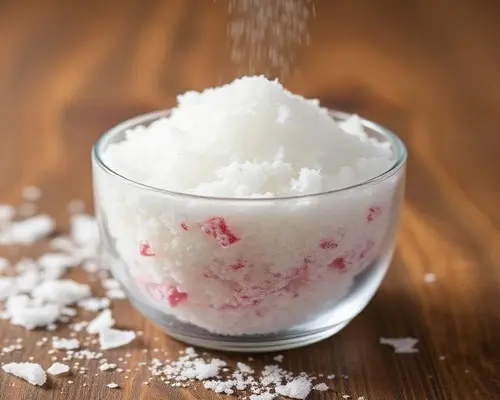


-vegetable.webp)
